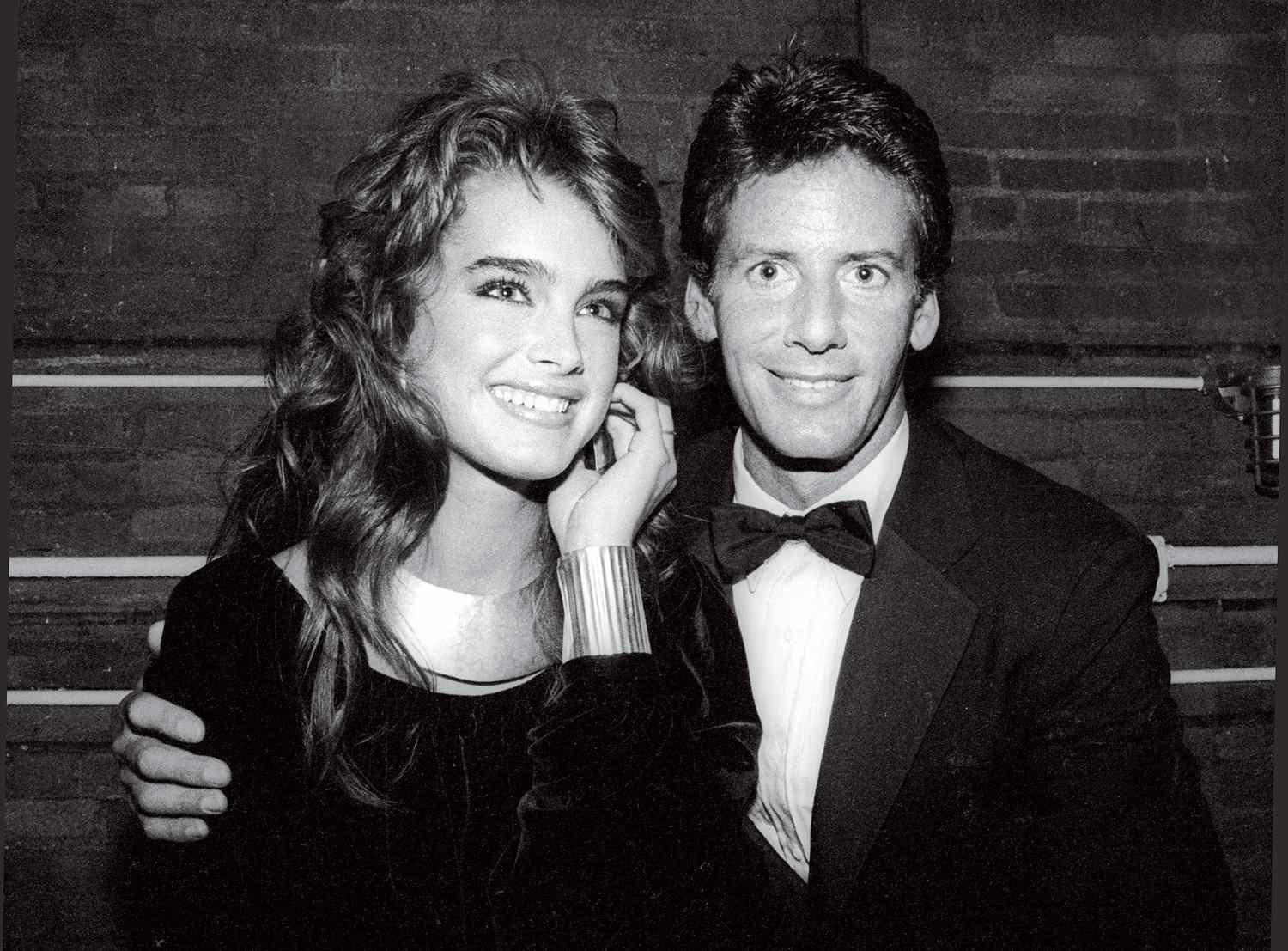
Fashion 101: How To Wear Color
Unlocking the Secrets of Color Theory
Ever wondered why certain colors magically seem to work well together while others clash? The answer lies in color theory, a guide to understanding which colors pair up harmoniously. And it's not just for artists—knowing your way around the color wheel can transform your wardrobe into a vibrant, trendy showcase for any event.
The color wheel is a fundamental tool in this journey, consisting of primary colors (red, blue, yellow), secondary colors (orange, green, purple), and tertiary colors (mixtures of primary and secondary colors).
By using the color wheel, you can easily identify complementary, monochromatic, triadic, tetradic, analogous, analogous complementary, and split complementary colors to create harmonious or striking color combinations.
Complementary Colors: Striking the Perfect Balance
Complementary colors sit opposite each other on the color wheel. Think of them as the yin to your yang. If you're into that bold, try the Calvin Klein V-neck Pink T-Shirt, try pairing it with a muted green for a look that pops!
Monochromatic Outfits: Elegance in Single-Color
Monochromatic outfits use various shades and tints within a single color to create a sophisticated and cohesive look. For instance, pairing a pastel pink top with a deep pink skirt can make for an ultra-chic, streamlined ensemble. Master the monochromatic trend with items like this stylish Jack and Jones Leather Skirt.
Triadic Color Scheme: Bold and Beautiful
A triadic color scheme is all about balance and boldness, using three colors that are evenly spaced around the color wheel. Harmonize your attire with a triadic palette featuring blue, yellow, and, yes, a daring hot pink for a look that’s both balanced and brave.
The Tetradic Twist: Double the Complementary, Double the Fun
A tetradic (or rectangular) color scheme uses two pairs of complementary colors. This is perfect for creating a rich, dynamic look. Imagine a Zara mint green polka dot crop top with accents in a burgundy midi skirt and golden heels. Experimenting with four colors calls for playfulness and confidence but can result in a trendsetting outfit.
Gentle and Subdued: The Analogous Palette
What if you're aiming for a more harmonious, subdued look? Analogous colors are neighboring hues on the color wheel, and they blend seamlessly when paired together. Try out this approach with items such as the Zara Maxi Skirt, teemed with a cream blouse or a mint green jacket for a soft yet trendy vibe.
Analogous Complementary Fashion: Merging Softness and Contrast
Analogous complementary colors include two adjacent colors plus their complement. It's a little twist that can highlight a single garment like this stunning JXFELINE Crop top, flanked by analogous hues and a complementary blazer to nail that flawless look.
Embracing the Split Complementary Palette
Now let's get a tad adventurous with the split complementary arrangement. This scheme uses a base color and the two colors adjacent to its complement. This is the perfect opportunity to pair that fiery JXALFA SWEATSHIRT with nuances of blue-green and blue-violet for a look that's as fresh as it is harmonious.
Actionable Tips to Upgrade Your Wardrobe
Now that you're armed with these color theories, it's time to put them into action! Start with small steps—add a splash of color with a hot pink accessory or go all out with a triadic combo for your next soirée. The key is to have fun and express yourself. Remember, fashion is all about personal style mixed with a dash of color science.
Conclusion: Your Palette, Your Persona
Whether it's the complementary charm or the monochromatic magnetism, embracing these color theories can elevate your style quotient. Use this newfound knowledge to create diverse, on-trend looks that reflect your unique personality. Mix and match with confidence, knowing that each color choice tells a story about you.
Tips for Colorful Success:
Start Small: If you're new to experimenting with color, begin with accessories like scarves, belts, or jewelry. They can add a pop of color without overwhelming your outfit.
Balance is Key: When working with bold, contrasting colors, ensure there's a balance in your outfit. If your top is vibrant, consider pairing it with more neutral bottoms.
Play with Textures: Different fabrics and textures can affect how colors are perceived. Experiment with mixing textures to add depth and interest to your outfit.
Consider the Occasion: Certain colors are more suitable for specific events or settings. For formal events, stick to more subdued or classic color combinations, while you can be more adventurous with casual outings.
Trust Your Instincts: Ultimately, fashion is about expressing yourself. If a color combination feels right to you, go for it! Confidence in your choices will always be your best accessory.



